adipotide peptide
$119.00 – $219.00Price range: $119.00 through $219.00
Adipotide (FTTP): A Radical Approach to Fat Reduction
Adipotide represents one of the most aggressive strategies ever developed for targeted fat loss. Unlike any other peptide or weight loss compound, Adipotide is an experimental peptidomimetic designed to actively destroy fat tissue.
It works by seeking out and cutting off the blood supply to white adipose (fat) cells, triggering a process of programmed cell death (apoptosis). This radical mechanism makes Adipotide a subject of intense research for its potential to induce rapid and significant weight loss.
Understanding Adipotide: The Fat-Targeting Peptidomimetic
Adipotide, also known by its research name FTTP, is not a typical peptide. It’s a peptidomimetic, meaning it’s a small molecule designed to mimic a peptide and bind to specific receptors in the body. Its targets are two proteins, Prohibitin and ANXA2, which are found almost exclusively on the surface of blood vessels that supply white adipose tissue.
The Science: How Adipotide Induces Fat Cell Apoptosis
The mechanism of Adipotide is precise and destructive, setting it apart from all other weight loss compounds:
- Targeting: After administration, Adipotide circulates through the body and specifically binds to the blood vessels that feed fat cells.
- Inducing Apoptosis: Once bound, it triggers apoptosis (programmed cell death) in these blood vessel cells.
- Cutting Off Supply: This effectively destroys the “supply lines” (blood vessels) that provide nutrients and oxygen to the fat tissue.
- Fat Cell Death: Starved of their blood supply, the fat cells themselves undergo apoptosis and die.
- Elimination: The body’s natural processes then clear away the dead cells.
This is fundamentally different from lipolytic agents like AOD9604, which only cause fat cells to release their contents. Adipotide aims to eliminate the fat cells entirely.
Important Status: An Experimental Compound with Halted Trials
Adipotide showed remarkable success in preclinical trials with obese primates, leading to significant weight loss and improved insulin resistance. However, it’s crucial to understand its current status:
- Phase I Human Trials Were Halted: A human trial was conducted but was stopped early.
- Safety Concerns: The primary reason for halting the trial was the development of kidney lesions in subjects. These effects were found to be reversible upon cessation of the drug, but they raised significant safety concerns.
- Research Use Only: Due to these safety issues, Adipotide is strictly a research chemical and is not approved for any therapeutic use in humans.
4. FAQ
This section targets long-tail keywords and common user questions, providing crucial, transparent information.
Frequently Asked Questions about Adipotide
Q: How is Adipotide administered?
A: In research settings, Adipotide is administered via subcutaneous (SubQ) injection.
Q: What are the main side effects of Adipotide?
A: The most significant side effect observed in both primate and human studies was the development of kidney lesions and impaired kidney function. This is the primary safety concern that halted its clinical development for human use.
Q: Is Adipotide a steroid?
A: No, Adipotide is not a steroid. It is a peptidomimetic that works through a completely different, non-hormonal mechanism.
Q: How is Adipotide different from AOD9604 or other fat loss peptides?
A: The difference is profound:
- AOD9604 / Lipo-C: These are lipolytic agents. They encourage existing fat cells to release stored fat to be burned as energy. The fat cell itself remains alive.
- Adipotide: This is an apoptotic agent. It works to kill the fat cell and the blood vessels that support it, removing them from the body entirely.
| Dosage | 2mg x 10vials, 5 mg x 10vials |
|---|
Be the first to review “adipotide peptide” Cancel reply
Related products
BUY PEPTIDE
BUY PEPTIDE
BUY PEPTIDE
BUY PEPTIDE
BUY PEPTIDE
BUY PEPTIDE
BUY PEPTIDE
BUY PEPTIDE

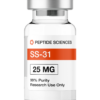
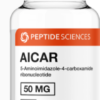






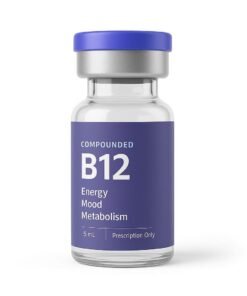
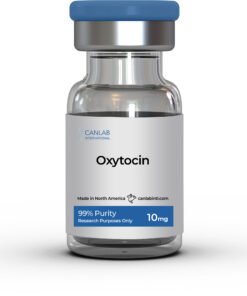




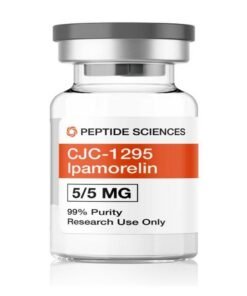

Reviews
There are no reviews yet.